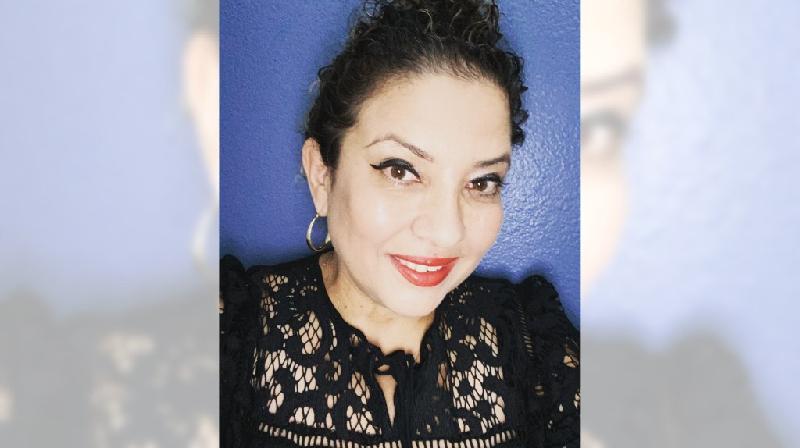In this thought-provoking article, renown writer and music critic, Jennifer Hudson, delves into the fascinating intersection of music, social justice, and the power to effect change. With her soulful and captivating voice, Hudson explores how music has the ability to deeply touch hearts and minds, and serves as a powerful catalyst for social transformation.
The Role of Music in Social Justice Movements
Discover the power of music as a catalyst for social justice movements.
Music has always played a crucial role in social justice movements throughout history. Artists like Bob Dylan, Joan Baez, and John Lennon used their platforms to oppose war and promote peace. Rap groups such as Public Enemy and N.W.A shed light on police brutality and systemic oppression. The ability of music to convey powerful messages and connect with the masses has made it an incredibly influential tool for promoting social change.
With every iconic protest song or catchy anthem, music has the capacity to ignite conversations, challenge norms, and inspire action. From civil rights to LGBTQ+ rights to anti-war movements, music has been a unifying force behind these movements, bringing people together to fight for justice and equality.
Punk Rock: A Voice for the Voiceless
Explore punk rock as a medium for defiantly pushing back against injustice.
Punk rock, known for its raw energy and rebellious spirit, emerged as a genre that gave a voice to the voiceless. Bands like The Sex Pistols and The Clash used their music to expose the dehumanization, injustice, and classism present in society. Regardless of their backgrounds, blue-collar kids found solace in punk music, using it as a platform to challenge the prevailing power structures.
Reflecting the DIY ethos, punk rock echoed the frustrations of marginalized communities and laid bare the country's inequities. It pushed boundaries and defied societal norms, addressing issues such as mental health, police brutality, and educational disparities. Punk rock became an outlet for subversion and activism, amplifying the unheard and rallying support for causes that pushed for social change.
Music, Social Media, and Digital Activism
Explore the powerful role of digital activism in the age of social media.
In the age of social media, music has found new ways to champion social justice causes. The accessibility of platforms like Twitter, Instagram, and TikTok has given rise to a form of digital activism where musicians and their fans unite to drive change.
The Hashtag Revolution:
Through the use of hashtags, artists and supporters rally behind causes, rallying for justice and raising awareness. From #BlackLivesMatter to #MeToo, these digital movements have fostered a global sense of solidarity, using music as a driving force in the fight against societal injustices.
Live Streaming for a Cause:
The COVID-19 pandemic further accelerated the use of music for activism through live streaming events. Artists organized virtual concerts and fundraisers to support various social causes, empowering fans to contribute and be part of the collective movement for change.
Engaging the Audience:
Music and social justice are interwoven through social media engagement. Musicians can use their platforms to spark dialogue, invite fans to share their own stories, and mobilize collective action. By leveraging social media as a tool for activism, music has the power to reach vast audiences and inspire change in real-time.
The Continued Impact of Music on Social Justice
Recognize the ongoing influence of music in advancing social causes.
Music continues to play a vital role in shaping public discourse, challenging societal norms, and fostering empathy and understanding. Through heartfelt lyrics, impassioned performances, and the unifying power of rhythms and melodies, artists are bringing attention to pressing social issues and effecting change.
Moving Hearts and Minds:
Whether it be through the emotional urgency of a power ballad, the rebellious energy of punk rock, or the socially conscious lyrics of hip-hop, music has the unique ability to evoke strong emotions, encouraging listeners to contemplate and take action.
Inspiring Hope and Empathy:
Music offers a glimmer of hope in times of profound social upheaval. It helps individuals find solace, compels them to empathize with others' experiences, and motivates society to come together to build a more just and equal world.
A Communal Experience:
The beauty of music lies in its ability to bring people together. Concerts, festivals, and shared listening experiences create a fleeting yet profound sense of unity among diverse individuals, fostering a collective drive towards social justice.
As music continues to evolve alongside social activism, artists will assert their voices, adding new notes to the ever-growing symphony of change. Capturing both our hearts and minds, the intersection of music, social justice, and change will forever resonate in the struggle for a more equitable and inclusive society.
Conclusion
Music has long been a powerful force in driving social change and promoting social justice. From the iconic protest songs of the past to the digital activism of today, music has the ability to touch hearts, spark conversations, and inspire action. It has served as a platform for marginalized voices, a tool for raising awareness, and a unifying force for collective activism. As we continue to navigate complex social issues, let us recognize and appreciate the profound impact of music in the fight for a more just and equitable society.

